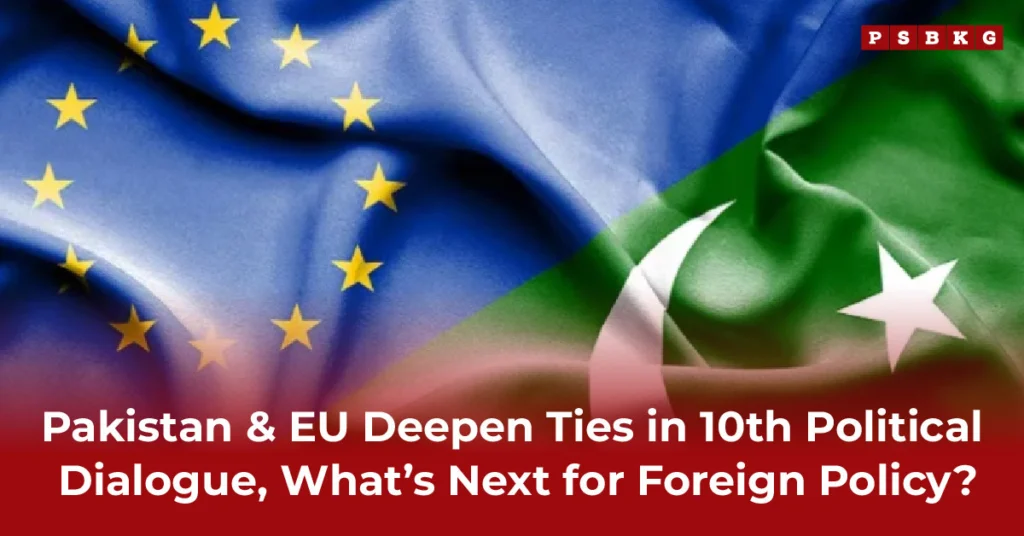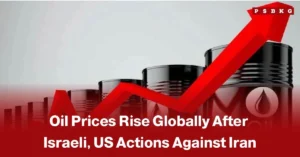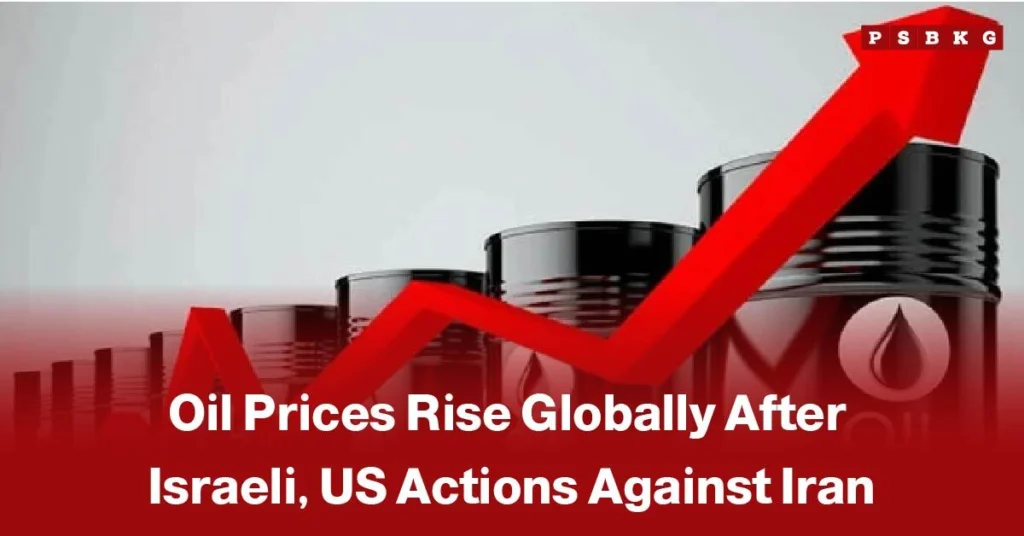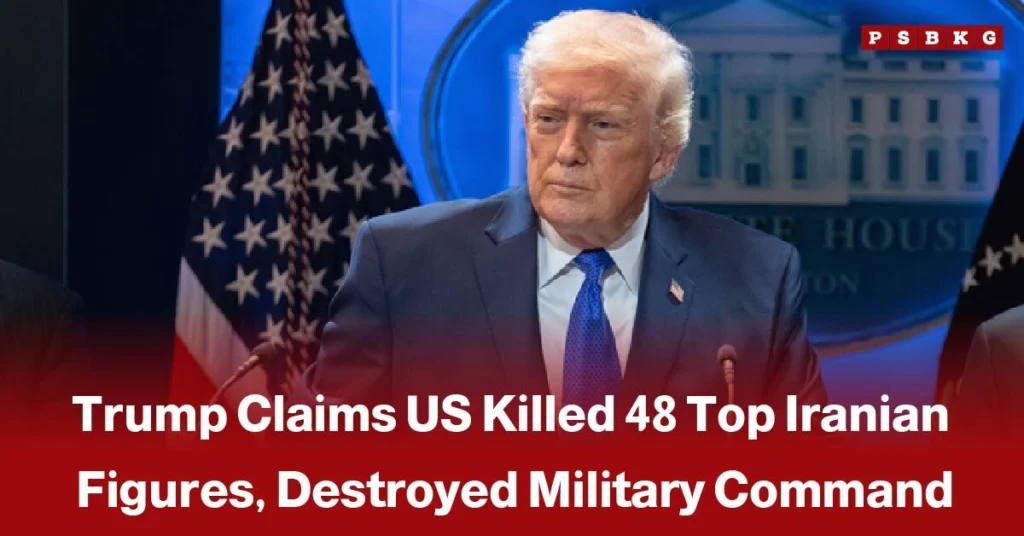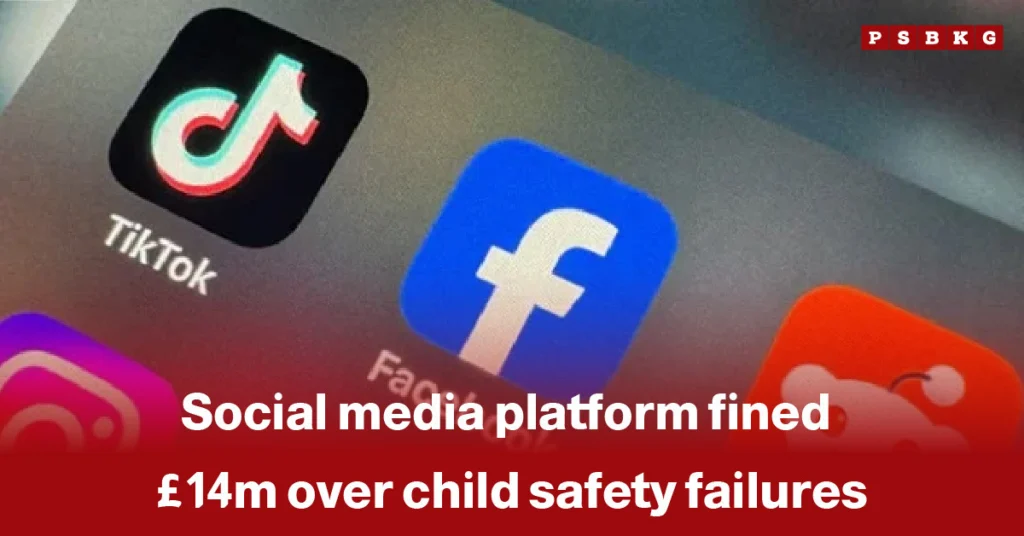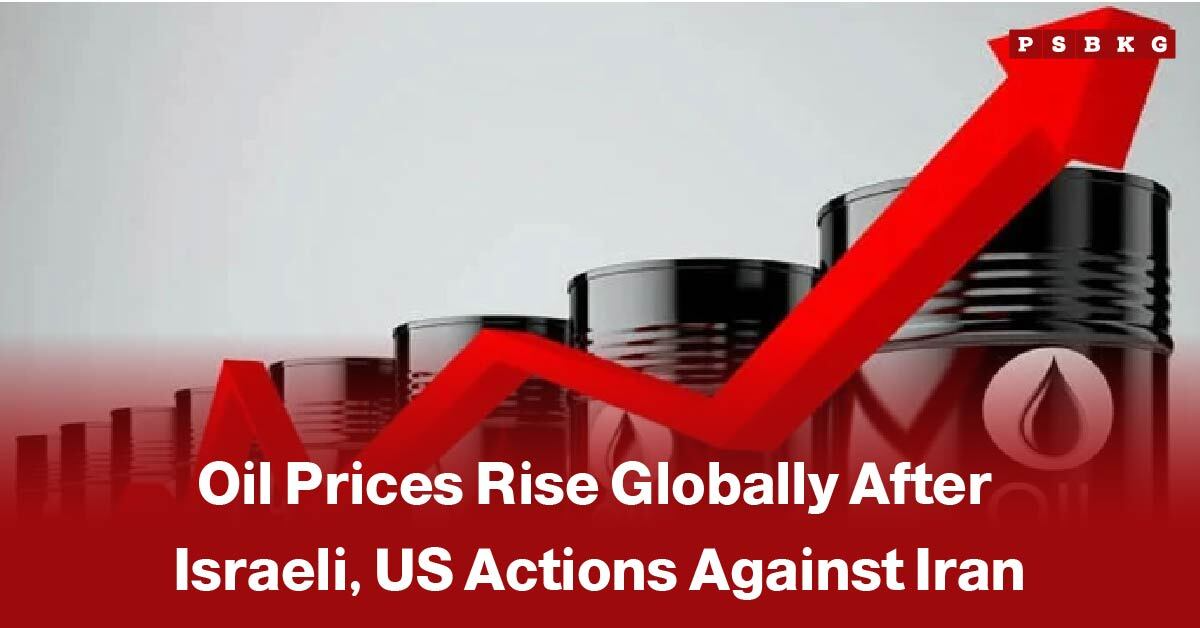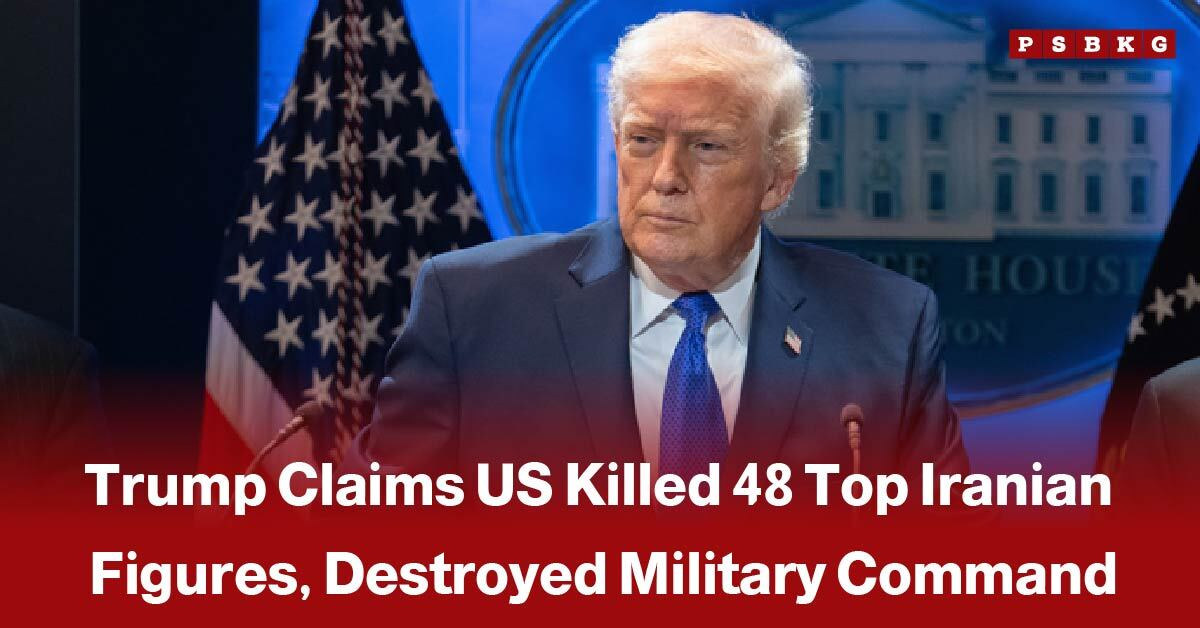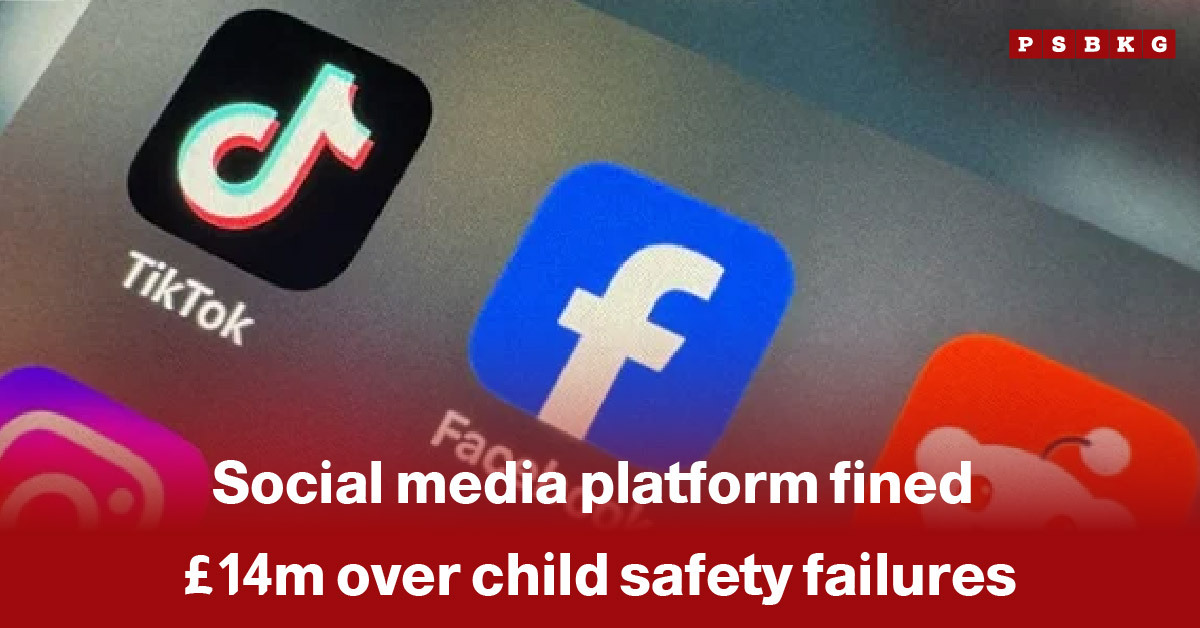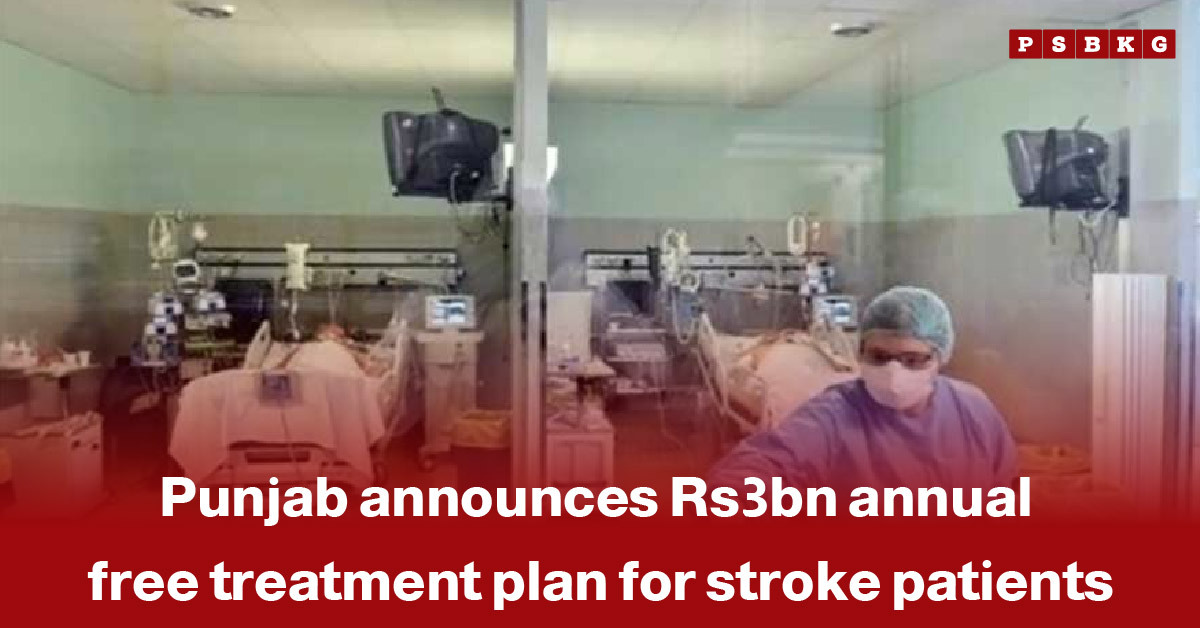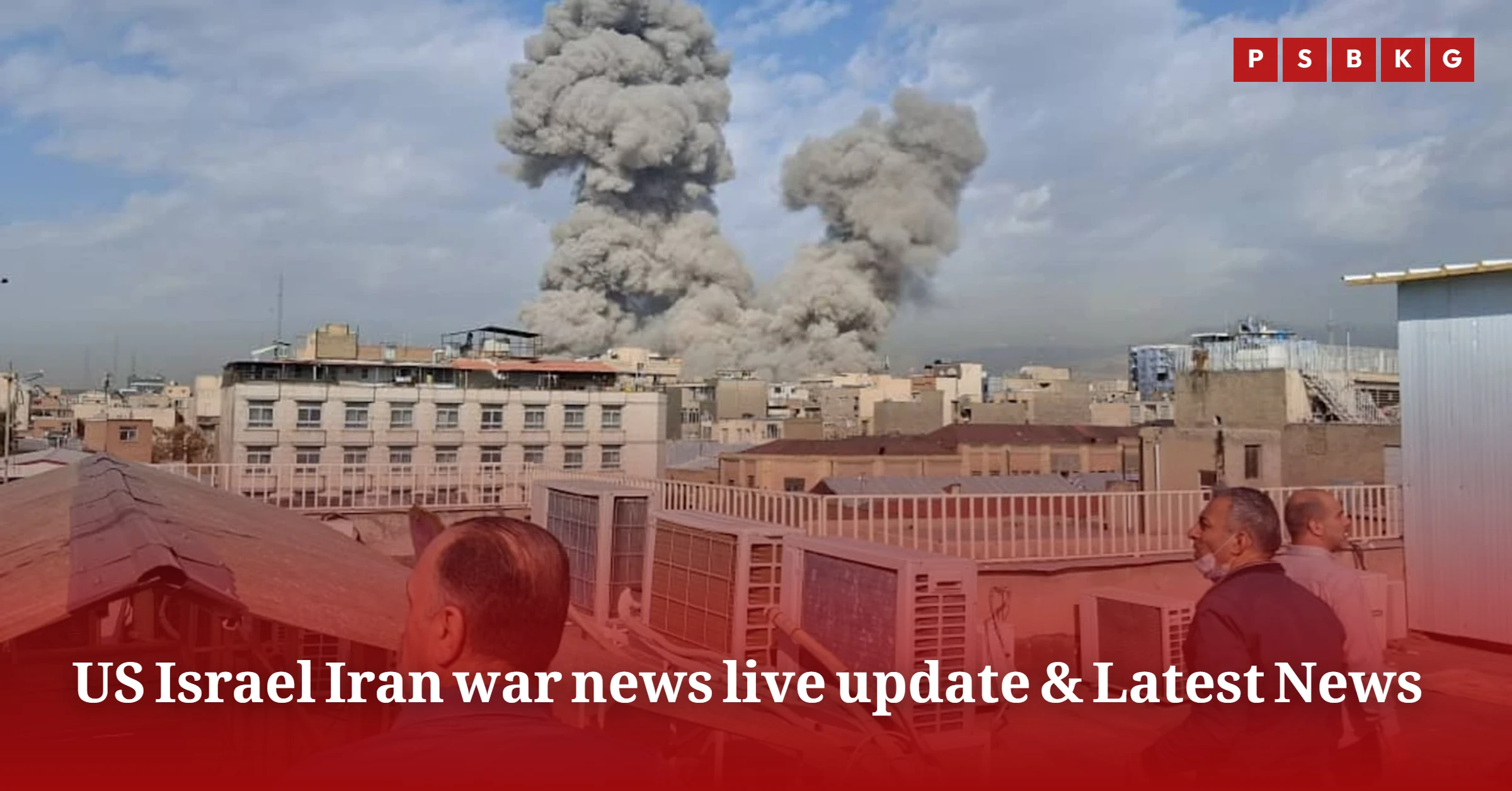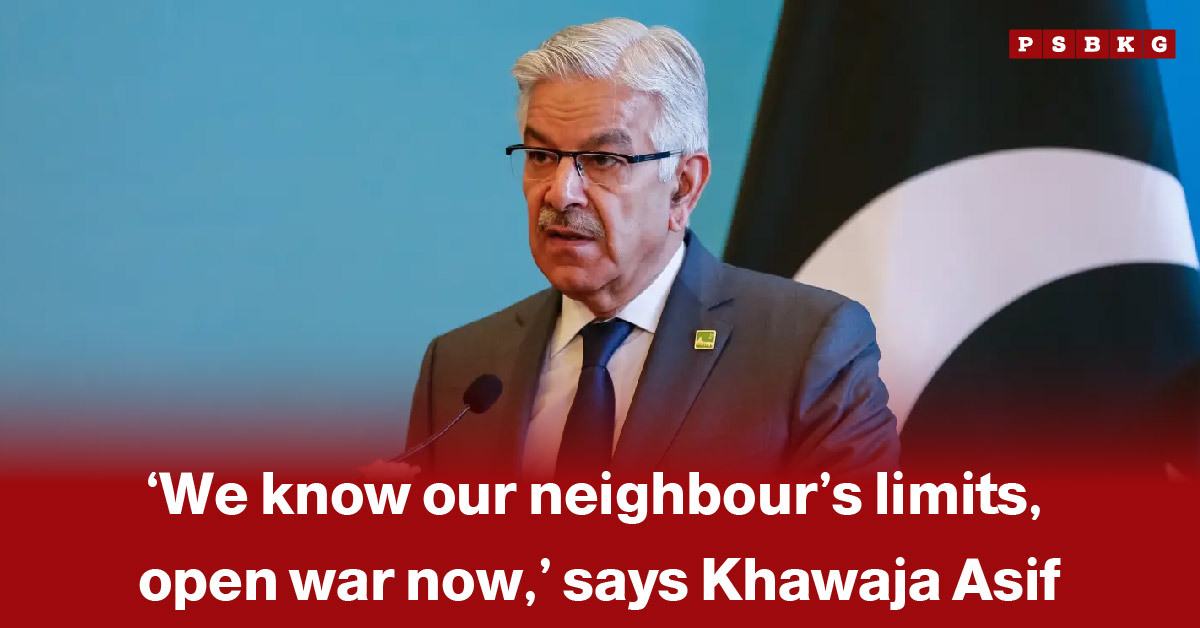A Sit-Down That Actually Meant Something
The 10th round of the Pakistan EU Political Dialogue just wrapped up in Brussels, and no, it wasn’t just another round of handshakes and rehearsed lines. This time, there was substance, and both sides came prepared. Leading the conversation from Pakistan’s side was Foreign Secretary Syrus Sajjad Qazi, while Helga Schmid represented the EU as the top official of its External Action Service. Though it was a formal diplomatic setting, the dialogue dug into real concerns, from trade and climate to security and human rights.
Not Just About Trade, But It Was Still a Big Part
You can’t really talk Pakistan–EU relations without mentioning the GSP+ scheme. That trade program lets Pakistani goods into European markets at reduced tariffs, a big deal for the country’s economy. Naturally, the EU wanted to hear about Pakistan’s progress on things like labour conditions, press freedom, and human rights, all tied to the continuation of GSP+. Pakistan, in turn, shared its own take on reforms and achievements. No loud agreements, but enough middle ground to keep things moving.
The World Isn’t Just About Economics Anymore
Both sides also turned their focus toward climate challenges and global instability. With disasters becoming more frequent and energy prices rising, the discussion around green energy, climate adaptation, and regional resilience wasn’t just for show.
Security concerns were raised too. Terrorism, regional instability, and the future of Afghanistan came up, with both parties recognizing that coordination matters more than ever.
A Word on Rights and Freedoms
True to its usual focus, the EU raised concerns about civil rights and democratic practices in Pakistan during the Pakistan EU Political Dialogue. The discussion touched on issues such as media independence, the space available for civil society to operate, and whether key institutions are functioning effectively.
In reply, Pakistan’s team talked about steps taken through new laws and policies, saying they’re working to better protect minority groups and give women fairer opportunities. Both sides spoke openly, but the tone stayed respectful throughout, more of a frank exchange than a confrontation.
Why This Dialogue Actually Matters
In today’s world, where headlines change every hour and alliances keep shifting, this meeting stands out. It shows that Pakistan wants to keep doors open in the West, even while working with China and others in the region.
And for the EU? They don’t want to lose relevance in South Asia, and meetings like this are part of staying involved without taking sides in every regional dispute.
Momentum in the Pakistan EU Political Dialogue
Let’s be honest, no single meeting will rewrite foreign policy. But this one adds to a pattern of engagement that matters. Dialogue builds trust. It gives space to disagree, find overlap, and move forward without headlines shouting “crisis.”
Whether it’s about trade, values, or shared concerns, both Pakistan and the EU walked away with something. And in diplomacy, that’s no small thing.


